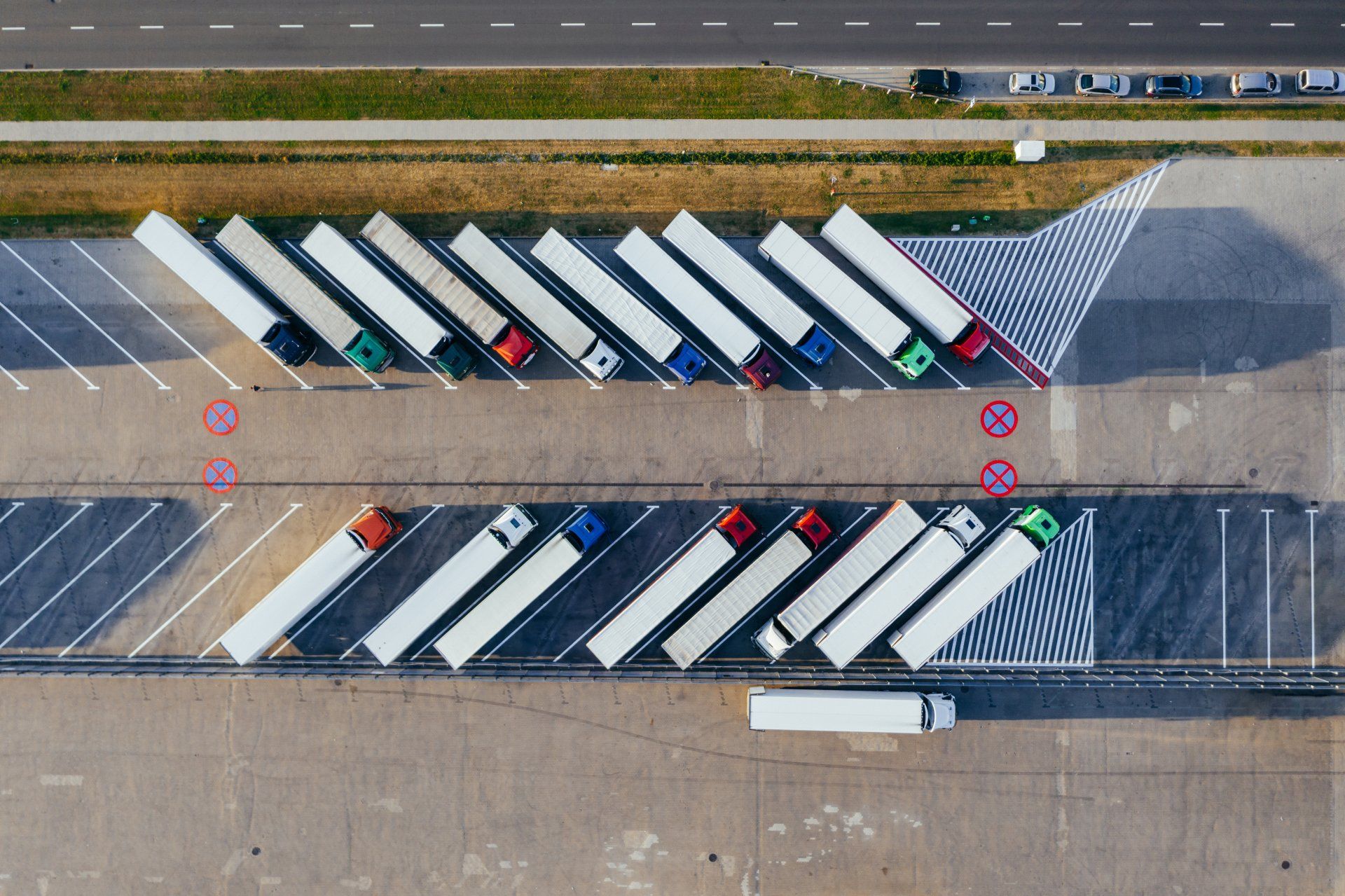BY:
SHARE:

HMRC announces a relaxation to the requirements for Authorisations for Temporary Storage for Authorised Consignees.
Background
Authorised Consignees are trusted traders, authorised to end the Transit movements of goods and complete customs import formalities at their own premises (away from the border) under the Common Transit Convention (CTC). Authorised traders must ensure that they have a Temporary Storage Facility (TSF) approved by Border Force to enable the temporary storage of goods at a TSF for up to 90 days.
When the staged customs controls end on 1st January 2022 HMRC will require that all TSFs be inventory linked which will impact on any authorised consignee using such a facility.
Authorised consignees ending a transit movement tend to move goods into free circulation and would rarely store goods at a facility for any length of time, so preparing for inventory linking to the facility would represent an extra cost, disproportionate to the compliance risk presented by a body having already undergone a trusted trader authorisation process.
Managing Transit, and Transit Simplified Procedures
Under standard Transit procedures a transit movement must start at a Customs Office or Inland Border Facility where the goods are presented, and the Transit Accompanying Document is obtained.
Likewise, to close transit, the goods are presented with the Transport Accompanying Document at a Customs office, or Inland Border Facility, allowing for any inspection, should Border Force decide to inspect the goods, within a given period of time (or timed-out period).
The Trusted Trader facilities for managing the start and end of Transit movements away from the Customs Office of IBF are the Authorised Consignee and Authorised Consignor simplified procedures.
Authorised consignors are approved to:
- Declare goods to transit at their premises rather than an Office of Departure.
- Have automatic ‘time-out’ release of goods if no control inspection decision is taken by Border Force at the office of departure. Depending upon the conditions of authorisation this ‘time-out’ may be outside the normal opening hours of the office of destination
Authorised consignees are approved to:
- End transit movements at their premises or another authorised location. Examples are: - a port, airport or other approved place, rather than the Office of Destination.
- Send their arrival notification message to the relevant office electronically, rather than hard copy.
- Receive automatic ‘timed-out’ permission to unload the goods if the goods are not subject to further controls or inspections by the office of destination. Again, this is dependent upon the conditions of authorisation, as ‘time-out’ may be outside of the normal opening hours of the office of departure
Until the announcement on 25th November, Authorised consignees had to be approved for Temporary Storage, which required a separate authorisation in a separate application form to Border Force, who police compliance at the Temporary Storage Facilities – facilities usually being close to airports and ports.
The announcement removes the latter part of the authorisation process
OneCall™ Email assistance as and when required; A one-call solution for all your import, export and customs enquiries. Export help. Import help. Customs help.
Stay informed about customs and international trade matters by subscribing to our OneCall™ service. This comprehensive offering includes a dedicated email helpline for support, timely practical updates direct to your inbox (Did You Know?), monthly UK Customs & Trade Briefings and access to an interactive members' area with an exclusive community for our subscribers.
International Trade Updates & Spotlight Newsletter
Subscribe to our free information emails covering international trade topics...
MORE INDUSTRY INSIGHTS...









